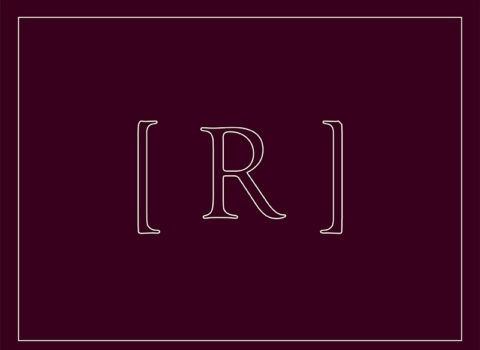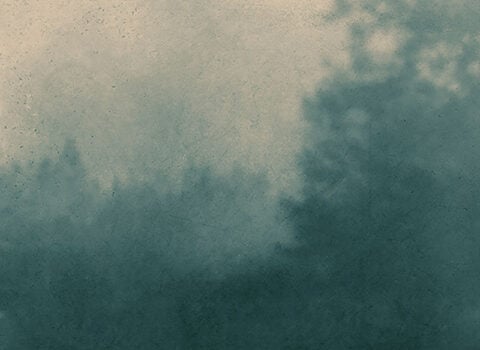Battle at Langada and Komboti, by Panagiotis Zographos. Courtesy AUTH Archive Collections
This year marks the bicentennial of the Greek Revolution, which freed the territory from the Ottoman Empire and led to the establishment of Greece as a modern independent nation. In honor of the occasion, Mark Mazower, an eminent scholar of the region and author of, among other important books, Salonica, City of Ghosts and Inside Hitler’s Greece, has produced a rich, illuminating, and imposing history of that paradigm-shifting conflict.
In The Greek Revolution (Penguin Press, $35), Mazower makes a case for the contemporary relevance of…

























































































